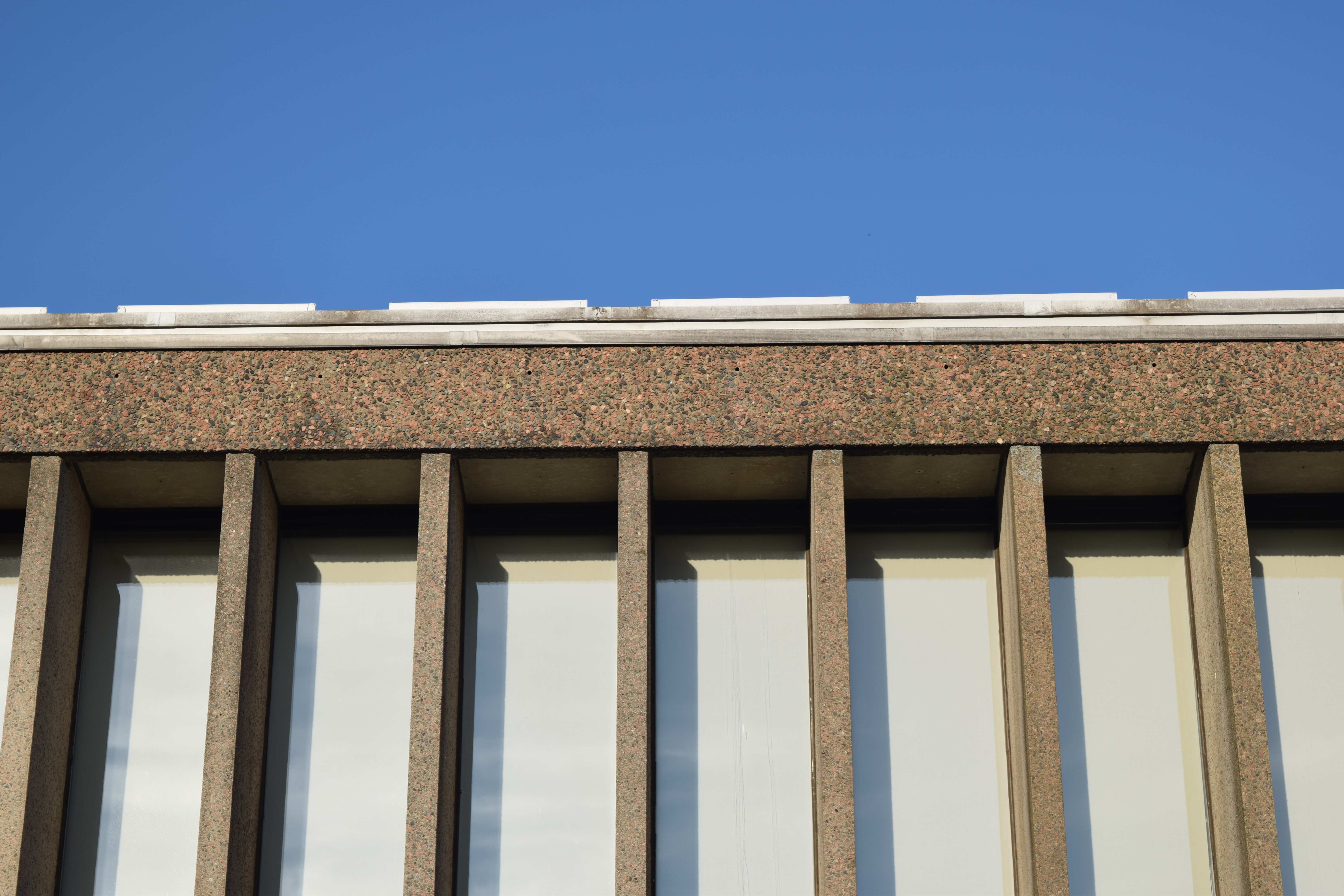For a lot of us it’s too early to think about summer. Classes are nearing their end and things are winding down. But for Grade 12 students across the world the time has come to get ready for university. For nearly a thousand students, this summer will be about finding mini-fridges, packing their winter gear, and booking flights and busses so they can all descend upon Acadia come late August for the matriculation of the Class of 2021.
Last year saw enrolment increase by 25% for new, incoming full-time undergraduate students in September of 2016, making Acadia one of only two universities in Atlantic Canada to post a significant gain in full-time undergraduate enrolment. This 25% boost was accompanied by a 1.5% increase in international students and a 2% increase of overall full-time undergraduate enrolment, with total full-time enrollment almost 1.8% higher than it was in 2015. According to President Ray Ivany, this is “an extraordinary result and represents the highest first-year enrolment since the start of the Ontario double cohort in 2003” in a statement published on the Acadia University website in October of 2016.
Acadia was clearly benefitting from its increased emphasis on recruiting and playing to its strengths as a small, liberal arts school, no doubt aided by the formal establishment of the Maple League of Universities in late 2016. Recruitment efforts in Western Canada to rural Nova Scotia to Sri Lanka and Jordan have clearly paid off.
There were many, however, who anticipated that our university population would continue to grow from south of the border, as the election of Donald Trump surprised much of the world and sent applications flying towards Canadian universities. Global News reported in late November 2016 that because of this ‘Trump Bump’ American applicants to the University of Toronto were up 59% compared to the same time in 2015, while McGill’s overall applications after the election up 30% from November 18th 2016 compared to the same time a year earlier. At the time, Global news reported that American applications to Acadia were up 76% from from the same time last year.
This began to make students at Acadia talk. What kind of school would we become? How could we cope with more students? Where could we even put them? How would our professors handle the surge of new students? Would we lose our reputation as a small school dedicated first and foremost to students?
Needless to say, Acadia is staying true to its founding principles: a small school built on equality and fairness, dedicated first and foremost to its students. Although applications may be up, according to Vice President Enrollment and Student Services Susan Mesheau, “Acadia is seeing a 46% increase in applications from [the United States] compared to this time last year, however, the real numbers are not large – 57 applications this year versus 39 last year at this time”.
This comes at a time when Acadia is looking to increase the percentage of international students from 10% to 15%, potentially altering the makeup of the student body at large. It is equally interesting to note that this discussion is taking place just as Acadia is trying to find creative ways of increasing revenue, such as increasing tuition on certain programs that are equipment intensive, such as environmental science or biology, to offset costs and bring debts under control. An increase in the international student body paying more for programs that cost more at Acadia would mean more financial certainty for the school, an arguable bonus.
The suspected ‘Trump Bump’ will undoubtedly change many universities around Canada. It will be hard to have the same impact at Acadia, as it has been predominantly inhabited by Eastern Canadians. The ‘Acadia at a Glance’ page on the university website states that nearly 63% of Acadia’s population is from Eastern Canada. Central Canada is next, comprising 16%, international students at 10%, followed by Western Canada at 9%, and students from the United States at 2%. It will be interesting to see how this changes things.


